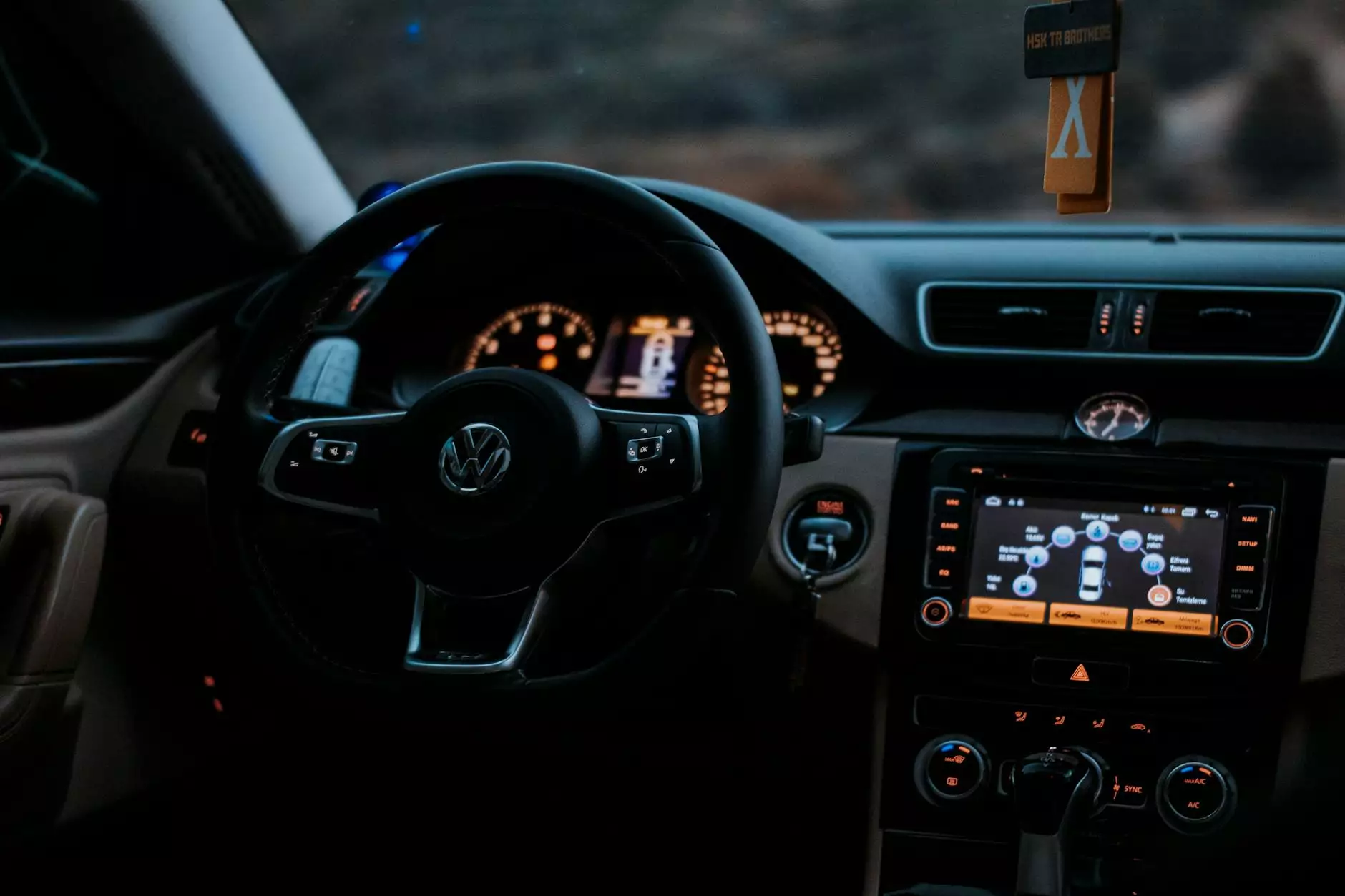Understanding Auto Sensors: The Backbone of Modern Automotive Technology

In today's rapidly evolving automotive industry, the term auto sensor has become essential in discussions around vehicle technology. These sophisticated devices play a pivotal role in enhancing vehicle performance, improving safety measures, and elevating the overall driving experience. At imautoparts.com, we recognize the importance of understanding these vital components and offer a detailed exploration of what auto sensors are, their functions, types, and why they are critical for modern automobiles.
What Are Auto Sensors?
Auto sensors are electronic devices designed to convert physical quantities into signals that can be read by an instrument or an operator. They measure various parameters such as temperature, pressure, speed, and even the position of different vehicle components. The data gathered by these sensors is invaluable for the vehicle's engine control unit (ECU), which optimizes performance, fuel efficiency, and emissions. In essence, auto sensors are the *nervous system* of a vehicle, providing critical data needed for it to function correctly.
Why Are Auto Sensors Important?
The integration of auto sensors has revolutionized the automotive industry. Here are some compelling reasons why they are vital:
- Performance Optimization: Sensors continuously monitor engine performance and adjust fuel injection, ignition timing, and air-to-fuel ratios to maximize efficiency and power.
- Enhanced Safety: Sensors such as the abs sensor or parking sensors help in preventing accidents by alerting drivers to potential hazards.
- Emissions Control: Auto sensors monitor exhaust emissions to ensure compliance with regulatory standards, contributing to environmental conservation.
- Comfort and Convenience: Sensors in climate control systems automatically regulate temperature for a more comfortable and enjoyable driving experience.
Types of Auto Sensors
There are numerous types of auto sensors, each serving a unique function within a vehicle. Understanding these can help you appreciate their significance. Here are some of the most common types:
1. Oxygen Sensors
The oxygen sensor plays a critical role in monitoring the amount of unburned oxygen in the exhaust gases. This data helps the ECU adjust the air-fuel mixture, improving fuel efficiency and reducing harmful emissions. There are typically two types of oxygen sensors: the pre-catalytic converter sensor and the post-catalytic converter sensor.
2. Temperature Sensors
Temperature sensors in vehicles can monitor coolant temperature, transmission fluid temperature, and air intake temperature, among others. They provide crucial data that assists the ECU in regulating engine performance and ensuring optimal operating conditions.
3. Pressure Sensors
Pressure sensors measure various fluid and air pressures throughout the vehicle. Common examples include oil pressure sensors and fuel pressure sensors. These sensors ensure that the engine runs efficiently and safely by monitoring pressure levels in critical systems.
4. Speed Sensors
Speed sensors are crucial for monitoring the speed of the vehicle and its components. For example, the wheel speed sensor is essential for anti-lock braking systems (ABS), enhancing vehicle safety and stability.
5. Position Sensors
These sensors determine the position of various components within the vehicle, such as the throttle position sensor (TPS) and crankshaft position sensor. Accurate positioning is vital for efficient engine operation and vehicle dynamics.
6. Radar and Ultrasonic Sensors
Modern vehicles often incorporate advanced sensors such as radar and ultrasonic sensors for driver-assistance systems. These sensors enable features like adaptive cruise control, lane-keeping assist, and parking assistance, making driving safer and easier.
How Auto Sensors Work
Auto sensors generally function through a process that includes the following steps:
- Data Collection: The sensor gathers data about a specific parameter (e.g., temperature, pressure).
- Signal Conversion: The sensor converts this data into an electrical signal.
- Signal Transmission: The electrical signal is sent to the vehicle’s ECU, where it is processed and analyzed.
- Response Activation: Based on the sensor data, the ECU adjusts engine functions or alerts the driver to potential issues.
The Future of Auto Sensors in Automotive Technology
As vehicles evolve with advancements in technology, the role of auto sensors is becoming increasingly critical. The rise of electric vehicles (EVs) and autonomous driving technology emphasizes the need for more accurate and reliable sensors. Future trends include:
- Increased Integration: Sensors will be increasingly integrated into the vehicle's architecture, allowing for seamless communication between different systems.
- Enhanced Data Processing: The use of artificial intelligence (AI) and machine learning will enable sensors to provide real-time analysis and predictive capabilities, enhancing vehicle safety and efficiency.
- Sustainability Focus: Future sensors will be designed with sustainable materials and energy-efficient processes in mind, aligning with global environmental goals.
Common Issues with Auto Sensors
While auto sensors are essential, they can encounter various issues that may affect vehicle performance. Here are some common problems:
- Electrical Failure: Electrical issues can cause sensors to malfunction, leading to incorrect readings and poor engine performance.
- Physical Damage: Sensors can be damaged due to physical impact or exposure to harsh environmental conditions, leading to failure.
- Clogged Filters: For sensors that monitor airflow or liquids, clogs can impede function and lead to erroneous readings.
Maintaining Your Auto Sensors
To ensure optimal performance of your vehicle’s auto sensors, regular maintenance is crucial:
- Routine Inspections: Have your sensors checked during regular vehicle maintenance.
- Keep Connections Clean: Ensure that all electrical connections to the sensors are free from corrosion and dirt.
- Replace Faulty Sensors Promptly: Address any sensor issues immediately to avoid further complications down the line.
Conclusion: The Integral Role of Auto Sensors in Driving Excellence
In summary, auto sensors are an indispensable part of modern vehicular technology. They provide the data necessary for real-time adjustments, ensuring vehicles operate at peak performance while prioritizing safety and efficiency. As automotive technology advances, the importance of these sensors will only continue to grow. At imautoparts.com, we are dedicated to supplying high-quality auto parts and staying at the forefront of automotive innovations. Understanding auto sensors is essential for every vehicle owner, and we encourage you to explore these vital components further. Invest in your vehicle's performance, safety, and longevity by learning about the amazing world of auto sensors today!









